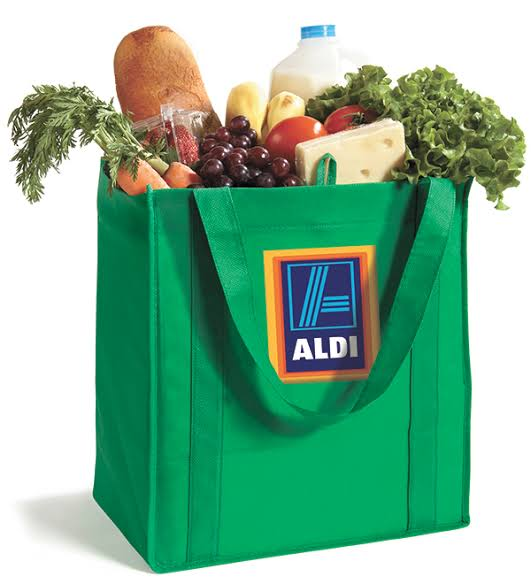
Romania: Thin plastic bag ban will start on 1st July.
The European Commission has adopted a strategy on plastics which will protect the environment from plastic pollution whilst fostering growth and innovation.
Every year, Europeans generate 25 million tonnes of plastic waste, but less than 30% is collected for recycling. Across the world, plastics make up 85% of beach litter. And plastics are even reaching citizens’ lungs and dinner tables, with microplastics in air, water and food having an unknown impact on their health, a release on the EC website informs.
According to estimates, only 5% of the value of plastic packaging material retains in the economy, the rest is lost after a very short first-use. The annual bill accounts for between €70 and €105 billion. Europe cannot afford this.

The strategy will protect the environment from plastic pollution whilst fostering growth and innovation, turning a challenge into a positive agenda for the Future of Europe. There is a strong business case for transforming the way products are designed, produced, used, and recycled in the EU and by taking the lead in this transition, new investment opportunities and jobs will be created. Under the new plans, all plastic packaging on the EU market will be recyclable by 2030, the consumption of single-use plastics will be reduced and the intentional use of microplastics will be restricted.
Under the new strategy, the European Union will make recycling profitable for business, curb plastic waste, stop littering at sea, drive investment and innovation and spur change across the world.

Romania has begun to comply with European legislation, and on October 5, 2017, the Government approved, through a draft law, the stipulation that thin plastic transport bags (under 50 microns) and very thin (below 15 microns) with handle will be banned as of July 1, 2018 on both for introducing on the national market and for marketing.
The ban concerns exclusively plastic bags with handle, not the ones without a handle.
The strongest candidate which will be used instead of plastic bag is nonwoven bag because of their reusable and recyclable structure. Additionally most of European retail companies have sold pp woven bags , cotton bags or jute bags in their stores ans supermarjets. Non Woven bags have been produced in European Union by European companies.
